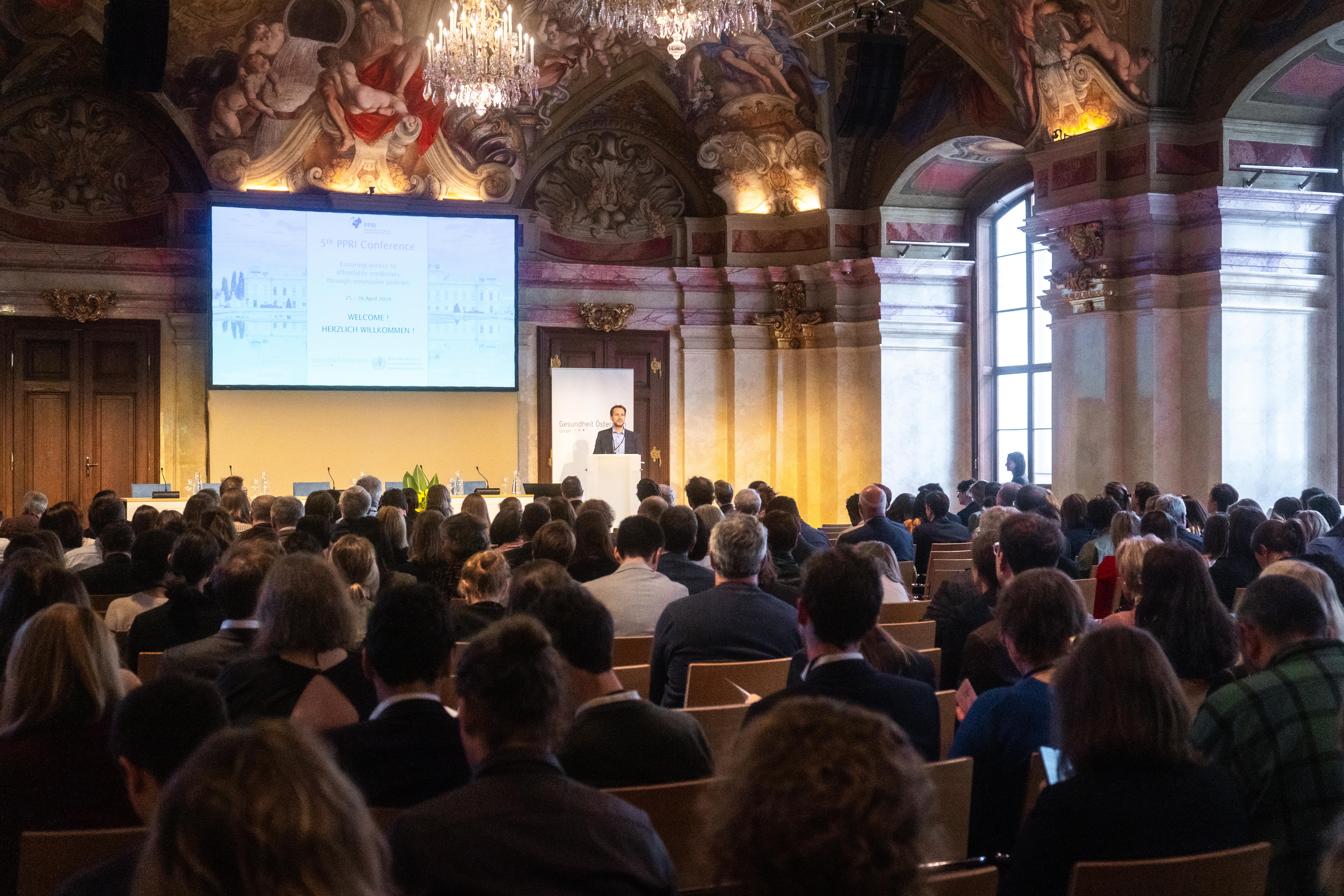Equitable access to quality-assured, safe and affordable medicines, vaccines and medical devices is fundamental to a functioning health system. Over the last few decades, innovations in life sciences have saved millions of lives yet millions more worldwide still suffer from a lack of access to medicines that they would need for acute and/or chronic diseases. Countries face a range of obstacles including rising prices for new medicines putting the financial sustainability of healthcare systems at risk, shortages and stock-outs of essential medicines and irrational use of medicines (e.g. antibiotics). This does not only affect economically weak countries but has become increasingly challenging for rich countries as well. In many countries, out-of-pocket payments for medicines continue to be the main drivers of financial hardship for patients and their families. Medicines need to be available and affordable in order to make a meaningful contribution to public health. A variety of pharmaceutical policies in pricing, procurement and reimbursement is used in different healthcare systems to ensure equitable access to medicines for all patients at affordable costs. Multifaceted challenges require comprehensive approaches but are current policies designed appropriately to achieve the desired outcomes? Are health systems prepared to address future developments while current challenges in affordable and equitable access are yet to be met? Thus, innovative policies are needed.
To foster the debate on equitable access to affordable and cost-effective medicines, the following topics were addressed at the conference:
- Strand 1: Local challenges, global learnings?
What can we learn from experience, including good-practice examples, in the field of pharmaceutical pricing, procurement and reimbursement policies in other countries? - Strand 2: Strengthening the evidence base
How can we promote equitable access to affordable and cost-effective medicines by generating and sharing evidence? The role of managed entry agreements (MEAs), increased transparency, real-world data and health technology assessments. - Strand 3: Futureproofing pharmaceutical policies
How can innovation in policy making improve equitable access to affordable and cost-effective medicines? Fair pricing concepts, crisis preparedness, considering environmental aspects and increased patient involvement as well as coordination and collaboration are all drivers for the future.
The conference brought together thought leaders from all over the world to discuss these ‘burning’ issues in the pricing and reimbursement policies for medicines – both from a global and a European perspective. Around 250 participants of more than 40 countries worldwide discussed discussed solutions and best practice models.
Once again, the importance of an intensive dialogue of all stakeholders and exchange of information as well as solidarity was stressed as the most promising paths/approaches to improve access to equitable and affordable medicines.
- Programme and presentations
- Conference Supplement to the Journal of Pharmaceutical Policy and Practice
- Country poster book (20MB!)
- Abstract poster book (35MB!)
- Gallery (Copyright GÖG/A.Gruber)
- Advisory Board and Scientific Programme Committee
- Conference organisers

